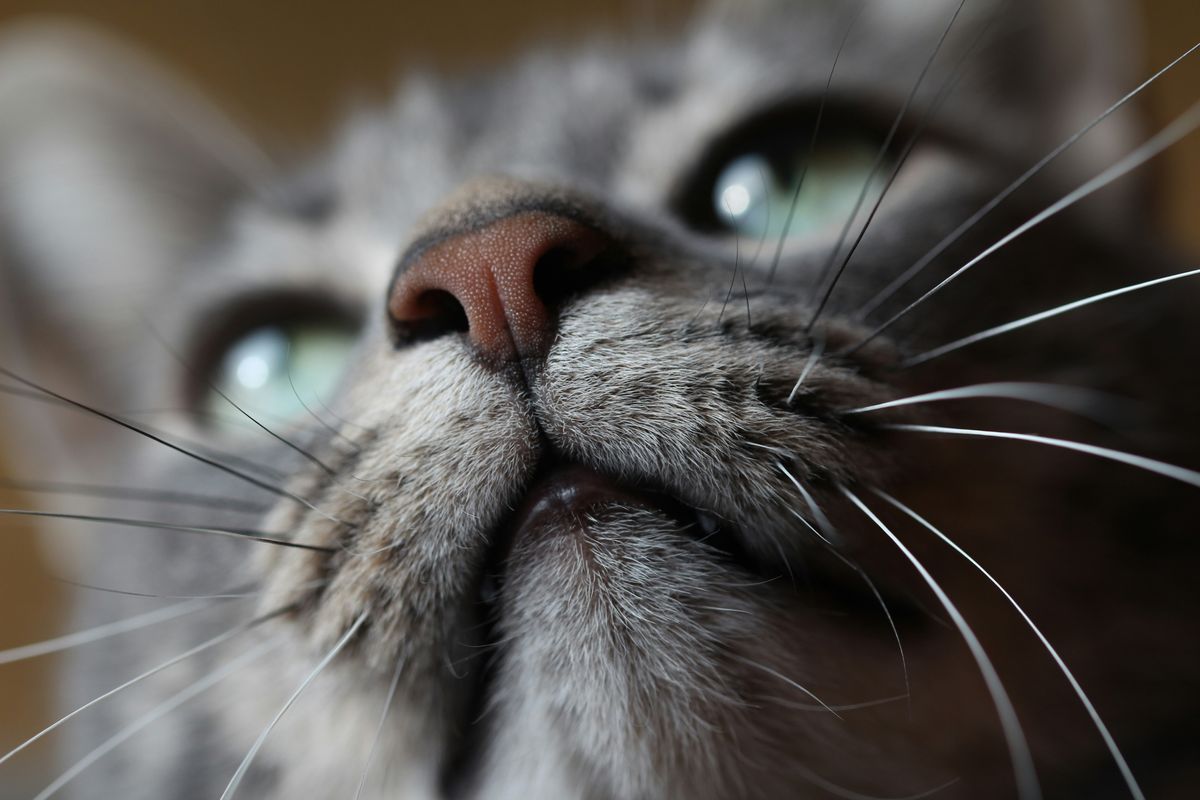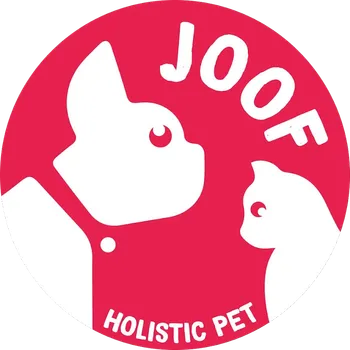
Recommended Article #07Feb24
Hi, Pet Parents Resources is a platform, where we share with you, what we research as pet parents ourselves. Here, we curate and give, what we hope would be, interesting to important informative articles, videos, and even podcasts from our brand creators, experts, researchers, and more all over the world, to aid you in making better choices for your pets.
This recommended article "Dry Cat Nose: What Does it Mean?" is curated and sourced from Adored Beast Apothecary. If you loved this article, please do feel free to share it around.
Dry Cat Nose: What Does it Mean?
We’ve all heard the myth that a wet dog nose means a healthy dog. Or that a dry nose could be a sign of a health issue. And we’ve debunked that myth before (you can read about it right here).
But does that same myth apply to a dry cat nose? Or, is it not a myth at all, but in fact something we need to pay attention to?
We all want our cats to live long, healthy, happy lives – so it’s important to be able to spot something “off” with your furry feline. Let’s talk about your cat’s nose, and whether or not a dry one is something to worry about.
Why is My Cat’s Nose Dry/Wet?
It’s myth busting time!
Just as with dogs, the belief that a dry cat nose means a cat is ill is still pretty pervasive, but it’s just that – a myth.
Not only are some cats’ noses naturally drier than others, but most cats’ nose temperatures and moisture levels change throughout the day. That means, your cat’s individual temperature or moisture level could be very different from from your neighbour’s cat – even if they’re both really healthy.
So, to start, it’s important to approach your cat as an individual, and apply everything here to what’s typical for your cat – rather than just normal for all cats. In this case (as with many other things), there isn’t one ‘normal’ for all kitties.
What Make’s a Cat’s Nose Wet or Dry
A lot of different things can influence the temperature or moisture level of your cat’s nose.
- The skin around the nostril openings and the sweat glands on it create moisture. Just as we sweat in order to regulate our body temperature, cats use their noses’ moisture to both remain cool and to regulate body temperature.
- Grooming can also play a role. Licking automatically adds a layer of moisture to their noses, keeping them wet. At the same time though, this can remove the natural moisture and cause their nose to feel dry. It could be either/or here.
- The level of humidity in the air can also impact the nose. Is your house dry or humid? This could make their nose drier or wetter, depending on the environment.
- What were they doing? Did your cat just come and snuggle their nose in and you noticed it is dry? Consider what they were just doing? For example, sleeping in a sunny spot or laying near a warm air vet.
And remember, some perfectly healthy cats can have drier noses than others. So, before worrying about a dry cat nose, make sure you consider your cat, and what’s ‘normal’ for them.
There’s another thing that can cause your cat’s nose to feel dry, and it’s important to consider.
Dehydration
Dehydration can also contribute to a dry cat nose.
And many, many cats are dehydrated, especially if they eat kibble.
How can you tell if dehydration is the culprit? When a cat has an overly dry nose or one whose skin is cracked or flaking, this could be a sign of dehydration. Other signs include:
- Dry mouth
- Sunken eyes
- Elevated heart rate
- Lethargy
- Skin elasticity
- Panting
- Loss of appetite
Proper hydration is crucial for a variety of vital bodily functions, including temperature regulation, maintenance of normal electrolyte concentrations, digestion of food, lubrication of joints, and delivery of oxygen and other nutrients to the organs of the body.
Cats are designed to get most of their moisture from their food. Most cats don’t drink much during the day. To avoid dehydration, there are several things you can do for your kitty:
- Avoid kibble – it contains little to no moisture. Opt for wet or raw food instead.
- Provide access to clean, fresh water all the time (and refresh it regularly).
- Consider a water fountain – cats are naturally drawn to the sound of running water, so a fountain can be a great tool to encourage sipping during the day. (Remember to clean these well on a regular basis as well).
- Add moisture to food, no matter what you feed. Water works, but bone broth (no onions!) is a great option, as is raw goats milk. Remember to go slowly when first introducing these.
When to Worry About a Dry Cat Nose
Sometimes, a dry cat nose is nothing to worry about.
Or sometimes dehydration is the reason, and that’s a concern, but adding moisture to the diet can solve the problem.
However, sometimes an underlying health issue could be what’s causing your cat’s nose to be dry. If you notice a consistently dry nose out of the blue, along with any of these other symptoms, speak to your trusted veterinarian:
- Loss of appetite
- Lethargy
- Vomiting
- Diarrhea
- Sneezing
- Watery eyes
- Nasal discharge
These could be signs that something else is at play, including things like an upper respiratory infection, which is common in cats.
Allergies can also cause your cat’s nose to become dry.
On it’s own, a dry cat nose is not usually something to worry about. Pay attention, and if you notice that your feline’s nose is a little dry depending on where they sleep, or after a grooming session, don’t fret. If they eat kibble, or don’t drink much during the day, a little added moisture in the diet may be just the thing. And in the end, as always, if you’re even a little bit concerned, call your trusted veterinarian. Trust your instincts, you know your cat best.
You may find more interesting reads from JOOF Holistic Pet today! Look out for loads of information on our product pages, social media, especially our Pet Parent Resources page.
JOOF Holistic Pet, a Singapore online pet store that focuses on the holistic well-being of your beloved furkid. Our recommended products aim to support and improve health, emotional and physical well-being, and help your pet have a better quality of life without compromise. Look out for Essential, Trendy and Premium quality pet products that are specially curated, with the pet parents concerns' as a priority.
This blog first appeared on the Adored Beast Apothecary website, where the article "Dry Cat Nose: What Does it Mean?" was curated and sourced from.
Original source: https://blog.adoredbeast.com/dry-cat-nose-what-does-it-mean/
Thank you for reading! We hope to bring you more informative and exciting articles from other resources and our varying retail brands. Through them, we hope more and more pet parents could become their pet's wellness heroes, proactively taking control of their pets’ foundational health from within, with JOOF Holistic Pet - www.joofholisticpet.sg 😊
Disclaimer:
JOOF Holistic Pet has curated and reproduced this article in good faith, which may contain an element of consumer opinion, but cannot be held responsible for any information inaccuracies in it or any use assumed from this information by the reader. JOOF Holistic Pet welcomes positive recommendations for holistic healthcare products, but does not necessarily endorse the author’s opinion. We acknowledge each animal is an individual and may react differently to the highlighted product/s, and that there may also be other similar effective products available.
General recommendations made by JOOF Holistic Pet are solely for informational and educational purposes, and are not a substitute for the appropriate veterinary care. It is important to always consult professional help if you have concerns about your furkid’s health.
